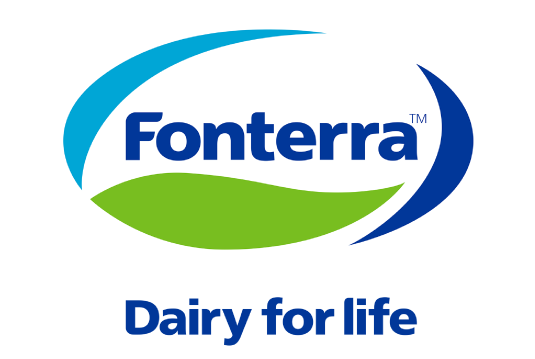Fonterra’s Darnum site deploys bugs for grubs, to avoid chemicals and enhance environment
Fonterra’s Darnum site team has deployed more than three million tiny wasps to conquer the destructive armyworm, which destroys crops and vegetation and can quickly invade surrounding properties leading to significant losses for farmers and gardeners.
Used as a natural alternative to harmful pesticides, the Trichogramma wasp is a natural predator of the armyworm. The wasp already exists in the area and eliminates the need for pesticides which can disrupt ecosystems and contaminate waterways.
Fonterra Regional Environmental Manager, Paul Winfield, said that water plays an important role in making Fonterra’s dairy products and protecting the groundwater and surrounding farms is critical.
“The land around Fonterra’s Darnum site is used to irrigate wastewater which, once treated, has valuable nutrients to grow crops.
“Around 62 hectares of maize is grown on the land by local farmer Dean Ford and used as stockfeed for dairy herds – creating a circular economy of returning waste back to the primary product.”
When Dean saw that the maize crop was getting attacked by grubs, the conventional response was to spray with pesticide.
“Healthy freshwater, soil and ecosystems are essential to the long-term success of our business, farmers’ businesses, and communities, and chemicals can contaminate the land and water we’re trying to protect so we looked for a more environmentally-friendly solution,” said Paul.
Dean went to the seed company where he first bought the maize, and they suggested he introduce a natural predator for the armyworm.
There are a lot of benefits to employing the Trichogramma wasp, which lay their eggs inside the eggs or larvae of armyworms which their young then consume and ultimately kill.
“First, it’s already here so we’re not introducing a new species. Adult wasps only grow to 0.5mm and are so tiny you can barely see them, and they die out as soon as their food source – in this case the armyworm – disappears,” said Paul.
“Chemicals kill the good and the bad bugs in the ecosystem, and these wasps are specifically targeted to the armyworm without causing harm to other species. Practicing sustainable systems like this has seen improvement to the soil which is now teeming with worms which are essential for the habitat.”
This environmental initiative is just one of many recently introduced at Fonterra’s Darnum site.
In December last year, 20,000 native plants and trees were planted across four hectares of the 280-hectare property, to help absorb nutrient run-off into waterways, create a habitat and refuge for local wildlife, and sequester carbon to reduce CO2 levels.
In August, Darnum was the first of Fonterra’s manufacturing sites in Australia to introduce solar energy, commissioning a 66kw solar system on the administration building which is estimated to reduced CO2 emissions by 83 tonnes a year.

